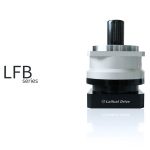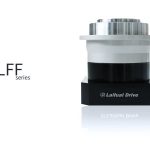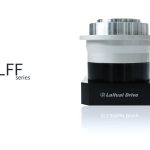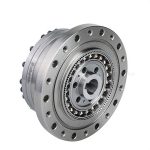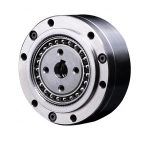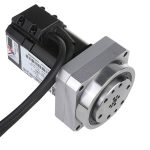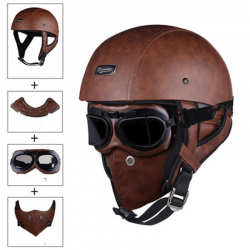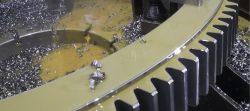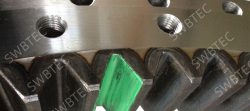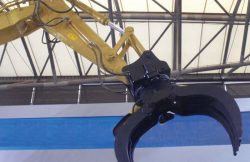Laifual Harmonic Gearbox & Planetary Gearbox
Laifual prides itself on delivering innovative solutions for our customers in varying industry sectors, applications, and locations all over the world. Our gearbox products are aimed at providing optimal performance solutions for industry partners.
How does a Harmonic Drive Work?
The rotation movement comes from the input shaft, which can be a servo motor shaft. This is connected to an element called “harmonic wave generator”, which has an elliptical shape and is surrounded by an elliptical ball bearing. When the axis rotates, the edge changes position, so it looks like a motion wave is being generated. The part is inserted into a flexible spline made of torsionally rigid but flexible material. The material absorbs this fluctuation by bending and forming an ellipse according to the rotation of the input shaft. The outer edge of this flexible spline has gear teeth suitable for transmitting high loads without any problems. In order to transmit these loads, the flexspline is installed in a circular spline, which is a circular gear with internal teeth. The outer ring is rigid, and its inner diameter is slightly larger than the main axis of the ellipse formed by the flexspline. This means that the circular spline does not assume the elliptical shape of the other two components, but simply meshes its inner teeth with the teeth on the outer flexspline, causing the flexspline to rotate.
The speed depends on the speed of the input shaft and the difference in the number of teeth between the flexspline and the circular spline. The number of teeth of the flexspline is less than that of the circular spline, so it can rotate in the opposite direction at a smaller rate than the input shaft. The reduction ratio is: (the number of flexspline teeth-the number of circular spline teeth)/the number of flexspline teeth. The difference in the number of teeth can be changed to adapt to different reduction ratios, thereby adapting to different professional needs and requirements.

